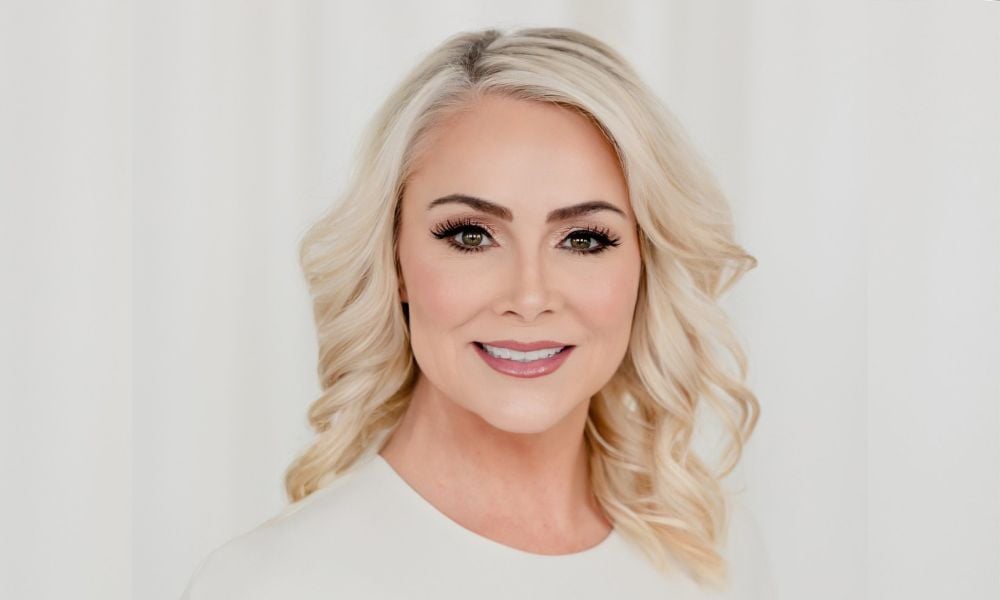Wealth practice head explains why TCPs should go beyond elder abuse, and how to overcome collection hurdles

In the wake of a consultation by FP Canada that includes a proposed rule relating to Trusted Contact Persons (TCPs), one leading professional is speaking out on the important role advisors must play in collecting that information from clients.
“As stewards of our clients’ wealth, we’re able to see into and be part of our clients’ lives in a way most other people can’t, especially when it comes to finances,” says Robyn Thompson, founder and wealth consultant at Castlemark Wealth Management. “It’s our role as financial professionals to do everything we can to provide different layers of protection for our clients and their assets.”
TCPs: not just for elder abuse
Late last year, the FP Canada Standards Council, the standards-setting division of FP Canada, held a consultation on new proposed rules of conduct and changes to practice standards. Among its proposals was a rule requiring certified financial planner (CFP) and qualified associate financial planner (QAFP) professionals to identify a TCP for their clients.
“I think FP Canada wants to make sure there are standards and duty of care that come into play with respect to TCPs and how advisors implement that within their practice,” Thompson says.
Aside from taking reasonable steps to obtain the TCP’s name and contact number, FP Canada’s rule would require CFP and QAFP professionals to get their client’s consent to contact the TCP on various concerns, including:
- Possible financial exploitation of the client;
- The client's mental capacity as it relates to the ability of the client to make decisions involving financial matters;
- The name and contact information of a legal representative of the client, if any; and
- If the client cannot be reached, the client's current contact information.
At Thompson’s practice, collecting TCP information is an integral part of the KYC process, with every client under the firm’s umbrella being asked to nominate a TCP. While financial elder abuse and disability are arguably the top use cases for TCPs, she says there are other situations when it can also be crucial to have that information on hand.
“Financial exploitation can also come in different forms. People are more susceptible if they live alone, or if they have a spouse that has recently died, or if there's been a major transition that's happened in their life,” Thompson says.
“We must be able to understand and communicate with people to help our clients in the event that they can't necessarily speak for themselves,” she says.
A matter of education and trust
The TCP-gathering process isn’t always straightforward. First and foremost, Thompson says clients need to be educated with simple, clear information on what a TCP is in order to allay any concerns about what happens to their assets.
“It's important for clients to understand that a trusted contact person is essentially a type of emergency contact,” she says. “[TCPs] do not have any access to account information. They have no control over trading or authorizing transactions, and they have no power or decision making over their accounts.”
Clients may also have concerns about the privacy of their information: would the TCP know where their assets are, how much they have, or what accounts they have? Answering these questions with a clear “no,” Thompson says, goes a long way towards removing any hesitation advisors may face when requesting TCP information.
“For the most part, we've had tremendous success with getting TCP information when it comes to our client base,” she says. “That comes down to the education that we have with our clients, and the trust that we’ve built up with our clients over periods of time.
“Our clients trust us to make the decisions that are best for them. They trust us to give them the advice they need, they trust us to tell them about what's coming about in the regulatory landscape, and what they need to do to protect themselves,” Thompson emphasizes. “That's why they hire us as their advisor.”
Have a story idea or suggestion? Email [email protected].



